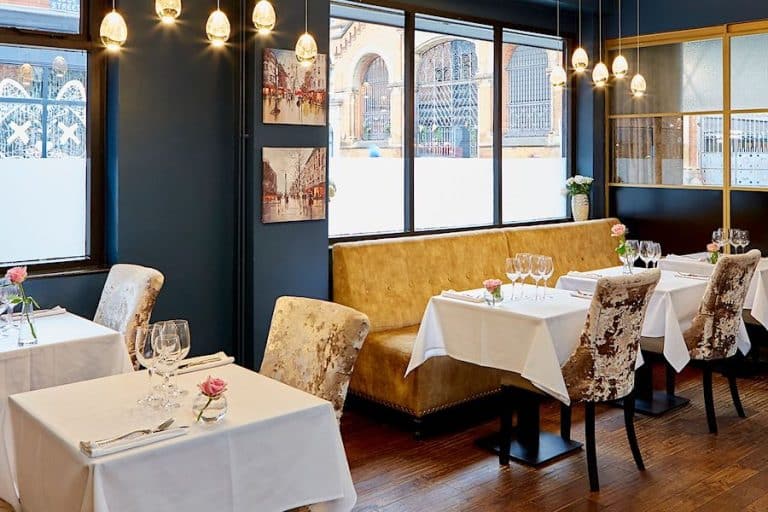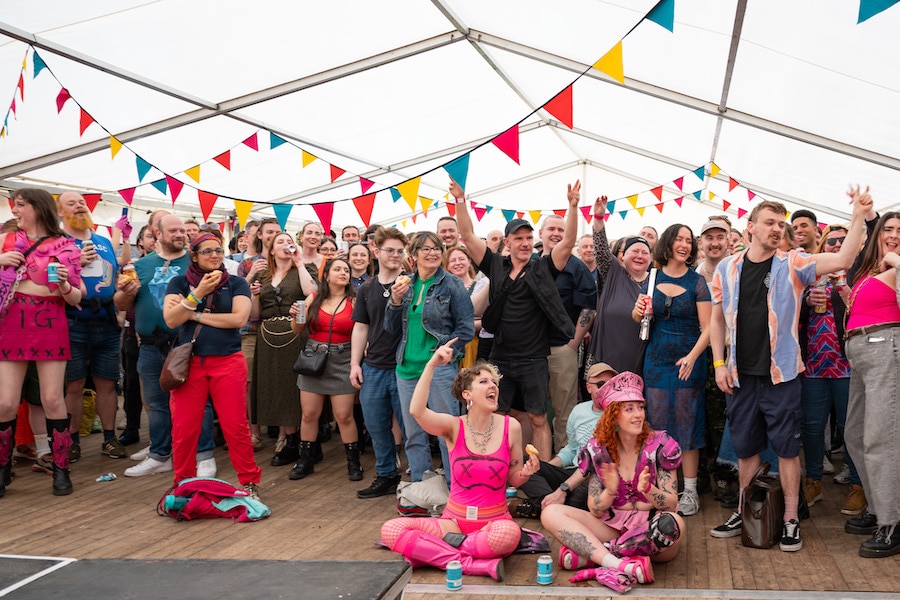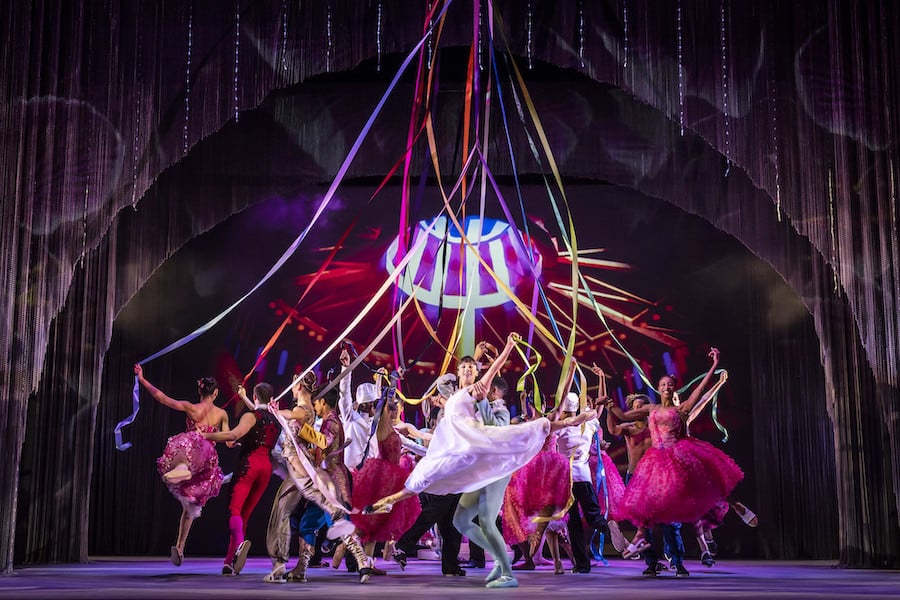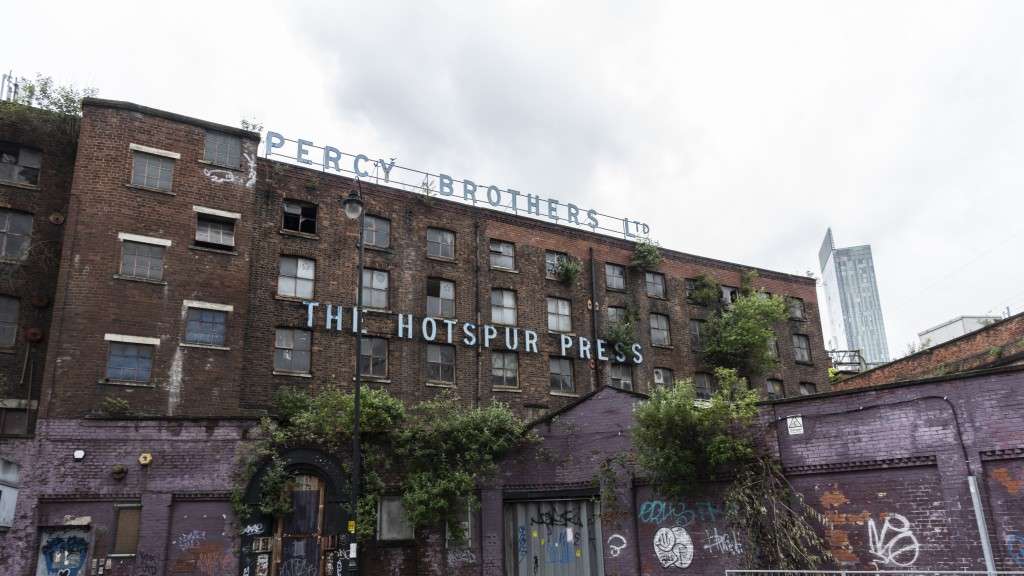Northern artists shine in Toxic – a play about friendships and mental health
- Written by Glenn Meads
- Last updated 5 months ago
- City of Manchester, Theatre
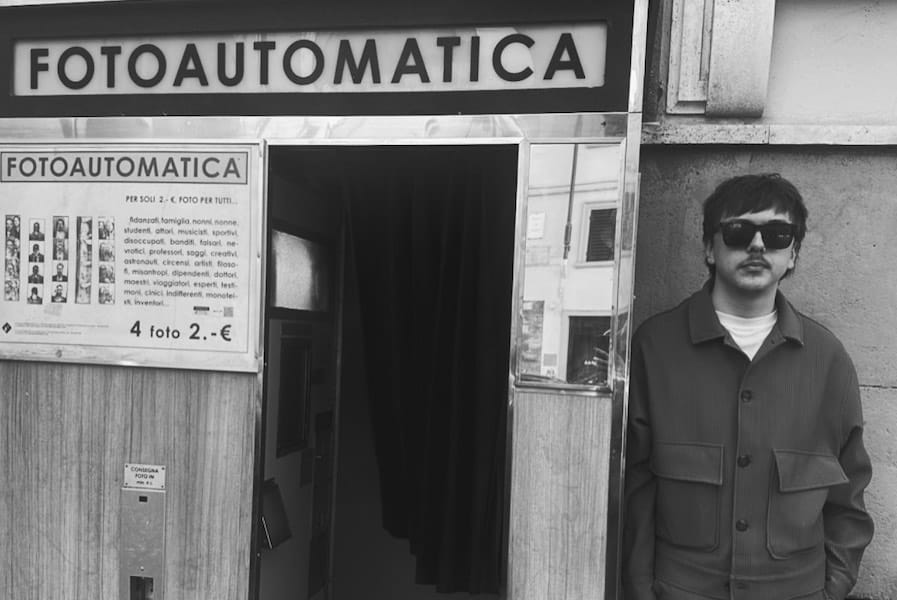
Dan Lovatt is the artistic director and co-founder of Divided Culture Co. The aim of this company is simple, they aim to give northern artists the chance to make new stories.
The work exclusively with people born or living in the North.
Their show Toxic which explores the complexities of men’s mental health returns to the region soon.
So we caught up with Dan to find out more.
How did Toxic begin?
It originally started as a workshop exercise in 2019 on the playwriting module at The University of Salford, where I studied Creative Writing. We were given the setting of two friends sitting on top of a dam, which over time became the opening scene with Andy and James sitting on a motorway bridge.
At its heart, the story is about two best friends and their crumbling friendship.
Of course, mental health and possessing the language to speak up about mental health, or in their case, not possessing the language permeates through the script.
I unfortunately have had friends who have suffered badly with mental health, with a handful of them attempting to take their own lives.
Over time, I infused the script with real experiences and made the show a dark comedy, which I think is important as men use comedy to both mask and navigate themselves through awkward and difficult issues.
We won a couple of awards in our debut run in 2021, and got a fantastic audience response.
We wanted to bring Toxic back now to add once again to an urgent discourse around mental health, at a time when the North West has the highest suicide rate in the UK.
Packaging a very pressing social agenda with an entertaining show that will hopefully stick in the memory.
Why do you think that some men do not speak about their problems to other men?
It’s such a multi-faceted issue that changes with different factors like age, social class and geography.
I don’t want to pretend that I am an expert on the issue, but I think broadly there is still the widespread societal expectation that men have to be strong and provide for their families/loved ones.
I also think that externally, we can recognise the symptoms and indicators of poor mental health, but internally, to the sufferer, that perspective isn’t shared.
Recognising your own bad mental health for what it is at a distance, as opposed to being entangled in it and unable to distance yourself, is a rare privilege that usually occurs with hindsight.
Men, in my lived experience, are experts of the subliminal. We can talk about serious issues like mental health without ever saying the words directly.
I suspect this is a defence mechanism to protect themselves from the horror of spilling all aloud, but also means that if they are challenged or ridiculed, it’s easy to deny. In the play, what is not said is as important as what is said, and the characters operate in those two distinct spaces.
Do you think with more awareness things are improving?
However, there has been a steady increase in the number of suicides registered in the UK since 2022.
We are still in a mental health crisis, and the cost of living crisis has exacerbated this. There can’t be enough discussion about mental health.
The locality of the crisis is particularly concerning in the North West, and through Toxic, we encourage everyone to come and join the discussion and hopefully equip themselves with the means to check in those around them.
What do you want audiences to take away from the play?
That it’s okay to talk, in fact, it might just save a life. Discussions around mental health aren’t all doom and gloom, they can be funny too. Humour is something we do best.
What do you love about Manchester?
Great pubs, the wonderfully diverse community, San Juan in Chorlton, the music, and Fletcher Moss Botanical Gardens.
Would’ve said The Ruby Lounge but it’s sadly closed now. I met my fiance’ Em there and they hosted fantastic Northern Soul nights. I miss it dearly.
Lastly, why should people come and see Toxic?
As a show, Toxic has never been more relevant.
It’s a hilarious and delicate story with characters that we all recognise from our own lives, performed by an all northern powerhouse cast.
It’s a story of the people, for the people, set in Greater Manchester.
We guarantee lots of laughter, maybe some tears, and a healthy dose of trifle too.
Tickets to see Toxic
You have two chances to see Toxic in Manchester. In October and November.
Saturday 19th October at the Octagon Theatre, Bolton (book here) or Thursday 21st of November at the Edge in Chorlton (book here)
- This article was last updated 5 months ago.
- It was first published on 17 September 2024 and is subject to be updated from time to time. Please refresh or return to see the latest version.
Did we miss something? Let us know: [email protected]
Want to be the first to receive all the latest news stories, what’s on and events from the heart of Manchester? Sign up here.
Manchester is a successful city, but many people suffer. I Love Manchester helps raise awareness and funds to help improve the lives and prospects of people across Greater Manchester – and we can’t do it without your help. So please support us with what you can so we can continue to spread the love. Thank you in advance!
An email you’ll love. Subscribe to our newsletter to get the latest news stories delivered direct to your inbox.
Got a story worth sharing?
What’s the story? We are all ears when it comes to positive news and inspiring stories. You can send story ideas to [email protected]
While we can’t guarantee to publish everything, we will always consider any enquiry or idea that promotes:
- Independent new openings
- Human interest
- Not-for-profit organisations
- Community Interest Companies (CiCs) and projects
- Charities and charitable initiatives
- Affordability and offers saving people over 20%
For anything else, don’t hesitate to get in touch with us about advertorials (from £350+VAT) and advertising opportunities: [email protected]
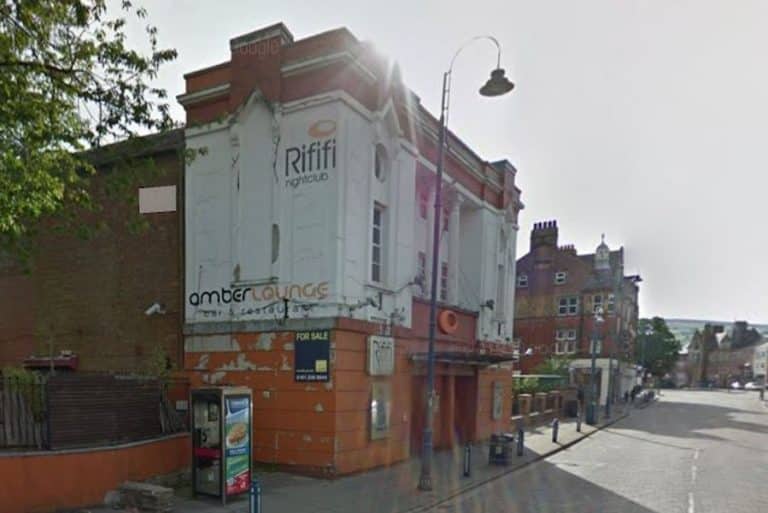
Old nightclub at the heart of ‘Staly Vegas’ could be transformed into new food hall
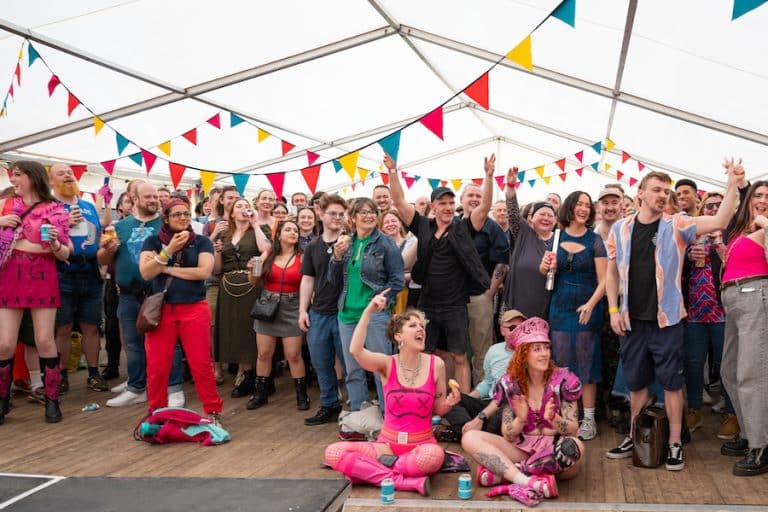
How Sounds from the Other City became the UK’s most unforgettable independent festival
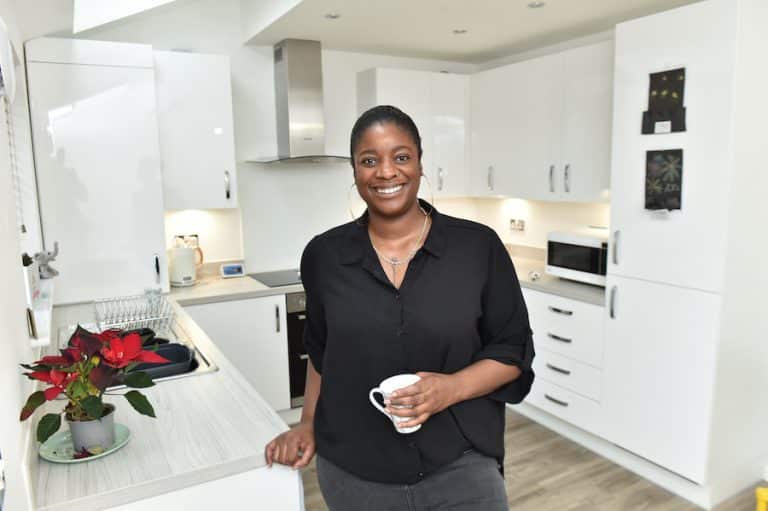
The shared ownership scheme that gave Fiona the family home she always wanted

How shared ownership can get you on the property ladder in 2025

Review: Strictly Come Dancing at the AO Arena is ‘joyous, slick and strictly brilliant’
